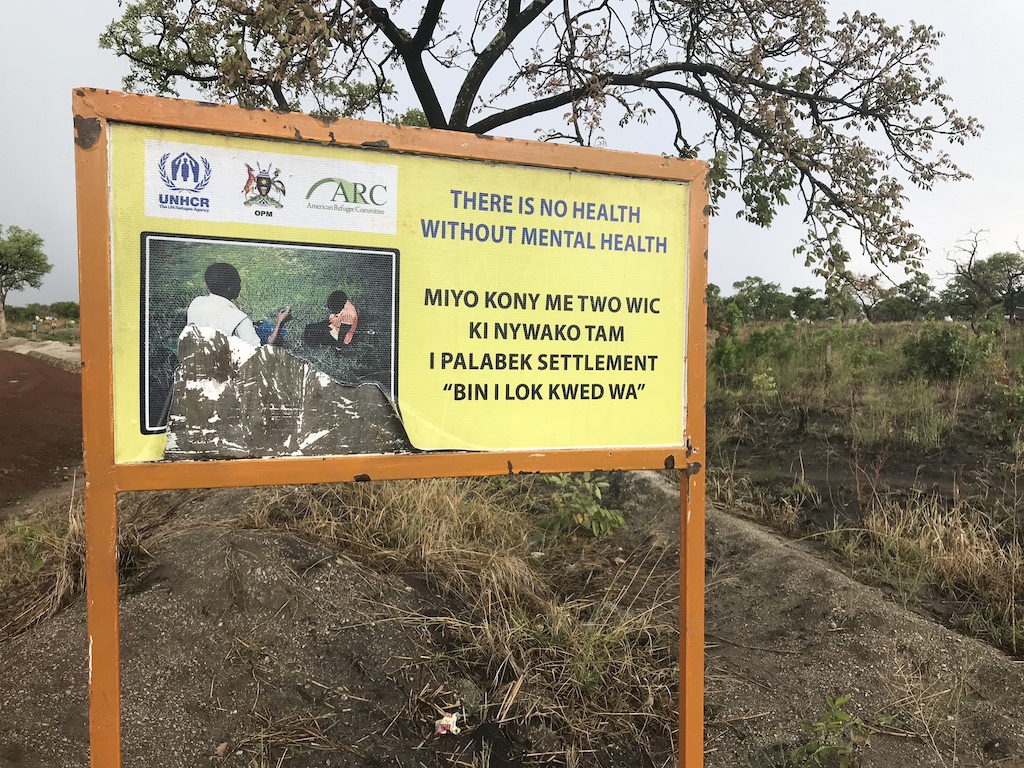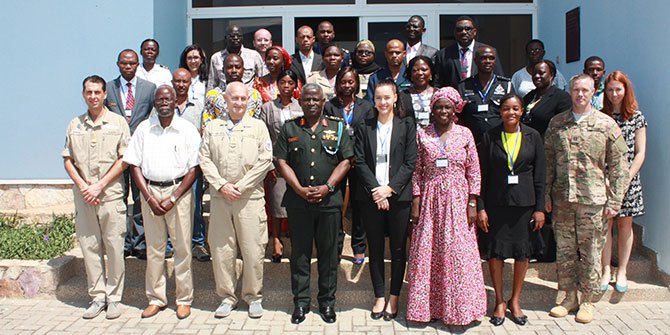In this article, graduating student from MSc Health and International Development 2021 Jasmine Birmingham reflects on a year since the closure of the UK’s Department of International Development and actions the new Foreign, Commonwealth and Development Office has taken.
The UK’s Department of International Development (DFID) officially closed its doors on 2 September 2020. Orchestrated by the conservative government, this department ‘merged’ with the Foreign and Commonwealth Office (FCO) to form the Foreign, Commonwealth and Development Office (FCDO). Additionally, foreign nationals are no longer able to work within the FCDO and aid was cut from 0.7% to 0.5% of gross national income (GNI), limiting the diverse knowledge pool and reducing aid by £4.5 billion respectively.
Collectively, these highly controversial actions warranted an uncertain future for the UK’s role in international development. Many of the circulating concerns were highlighted in one of LSE’s Cutting Edge Issues in Development guest lectures by Clare Short, the former Secretary of State for International Development under the Blair administration. As the UK government has remained a key actor in the development field over the last two decades, she highlighted that these actions would undoubtedly have a detrimental impact on groups who need the support the most.
As one year has now passed since the demise of DfID, this provides an opportune time for reflection. So, what impact can we see thus far?
A new strategy
In the early years, DfID maintained a focus on activities that alleviated poverty, established by the International Development Act 2002. This act explicitly linked development assistance to sustainable development and a reduction in poverty for the benefit of non-UK nationals. Yet, the lines between development and national interest have become increasingly blurred since the release of DfID’s updated strategy under the conservative government in 2015, with the FCDO’s approach perpetuating this further. A recent study from the University of Portsmouth analyzed 144 UK-funded aid projects in Africa that focused on aid through a security lens. The results found the development outcomes and impact fell short of that intended and, in many cases, had negative effects. These empirical findings demonstrate a concerning strategic avenue for the FCDO that is out of touch with the needs and evidence. However, the FCDO has released a recent call for evidence to inform the development of their strategy for the coming decade. Hopefully, the government will utilize evidence, such as that provided in this study, to inform aid projects and lead to more positive outcomes for the UK’s development work.
Changing priorities
The FCDO has outlined seven priority areas: climate and biodiversity; COVID and global health; girls’ education; humanitarian preparedness; open societies and conflict; research and development; and trade and economic development. Analysis by the Centre for Global Development revealed differences in the proportion of the official developmental assistance (ODA) spending across these priority areas when compared to the previous average of combined DfID and FCO spending. Unsurprisingly, health and climate have seen a significant and welcomed increase in the percentage of funding in line with the events of the pandemic and the UK hosting of the COP26 climate conference. Meanwhile, trade and economic development have received a significant reduction, considered to be a result of the FCDO leaning on institutions such as the CDC to fill this void. Additionally, girls’ education, for example, has received the same proportion of funding, but has been significantly hit in absolute numbers – estimated to deprive 700,00 girls of their education globally. These strategic shifts are speculated to reflect actions from the FCDO to create impact within the streamlined budget, but clearly concentrate funding in areas of national interest.
Impact of the cuts
The severe aid cuts have been well documented and are forecast to have a catastrophic impact across the sector. Devex indicated countless essential projects have been cancelled or cut over the year. For example, Nigeria experiences the greatest burden of malaria globally, yet a vital programme delivered by Malaria Consortium was axed “with immediate effect” in July. Termination of this funding will inevitably have a devastating long-term impact across the nation. Further cuts to global health initiatives centered around maternal, newborn and child health are estimated to equate to an additional 250,000 maternal and child deaths by the UNFPA. These harrowing predictions echo Clare Short’s initial concerns with cuts affecting the most vulnerable.
Reputation
Concerns have also been raised regarding the UK government’s reputation in the field with the transparency of the FCDO questioned under the new structure. Over 200 employees have also reported to have left the organization since the FCDO was born. Whether this is linked to the new structure or budget cuts is undetermined. Recent events in Afghanistan have placed the FCDO’s actions under additional scrutiny, particularly the former Foreign Secretary Dominic Raab.
Looking at the year ahead, Elizabeth Truss has recently been appointed the new Foreign Secretary, which may bring a fresh perspective to the FCDO. 2022 will also see the release of the FCDO’s 2022-2030 strategy and will decide if conditions have been met to return the ODA to 0.7% of GNI. Ideally, lessons from the first year of the merger, such as the detrimental impact of the cuts and out–of–touch strategy, will be taken into account moving forward. Either way, this coming year will undoubtedly be another pivotal decider for the UK’s future in international development.
The views expressed in this post are those of the author and in no way reflect those of the International Development LSE blog or the London School of Economics and Political Science.
Photo: UK aid shelter kits are loaded for shipment from a warehouse in Dubai, 2013. Credit: DfID on Flickr.





